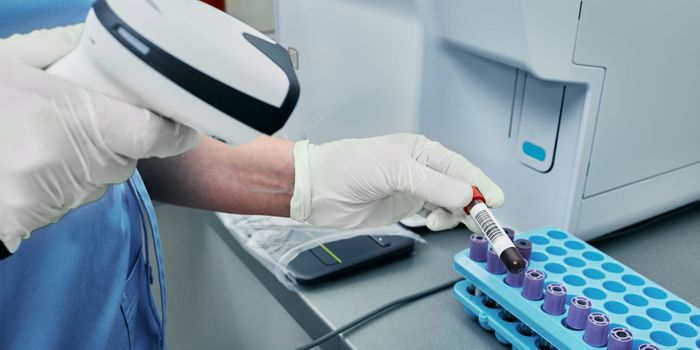Machine Learning Boosts Polymer Conductivity
How can AI enhance polymers to develop the next generation of bioelectronics? This is what a recent study published in the journal Matter hopes to address as a team of researchers investigated new methods for developing polymers that could replace silicon-based electronics in the future. This study has the potential to help scientists and engineers develop new technologies for improving electronics worldwide.
For the study, the researchers used a machine learning algorithms and a new method called materials acceleration platform (MAP) to design and build polymers while improving their physical, chemical, and electronic properties. The goal was to enhance the reproducibility of polymers while controlling their electronic properties for improved customization based on application need. In the end, the researchers found that their new system not only conducted hundreds of experiments testing new chemical combinations for polymers, but the system also told the researchers the next set of experiments they should run based on its findings.
“Silicon-based electronics have been around for decades, and we have a thorough understanding of the electronic properties of materials used in those technologies,” said Dr. Aram Amassian, who is a professor of materials science and engineering at North Carolina State University and a co-author on the study. “But we are now trying to develop a new generation of electronics that makes use of polymers in things like bioelectronics – and we do not yet have a detailed understanding of how the way we process and engineer polymers influences their electronic properties.”
The reason polymers are emerging as successors to silicon due to the former’s flexibility, wearability, and bio-integrated devices, offering a myriad of advantages over silicon going forward. Additionally, polymers are lightweight, low-cost, energy-efficient, and can incorporate organic properties for solar cells and transistors.
How will polymers help improve bioelectronics in the coming years and decades? Only time will tell, and this is why we science!
As always, keep doing science & keep looking up!
Sources: Matter, EurekAlert!








